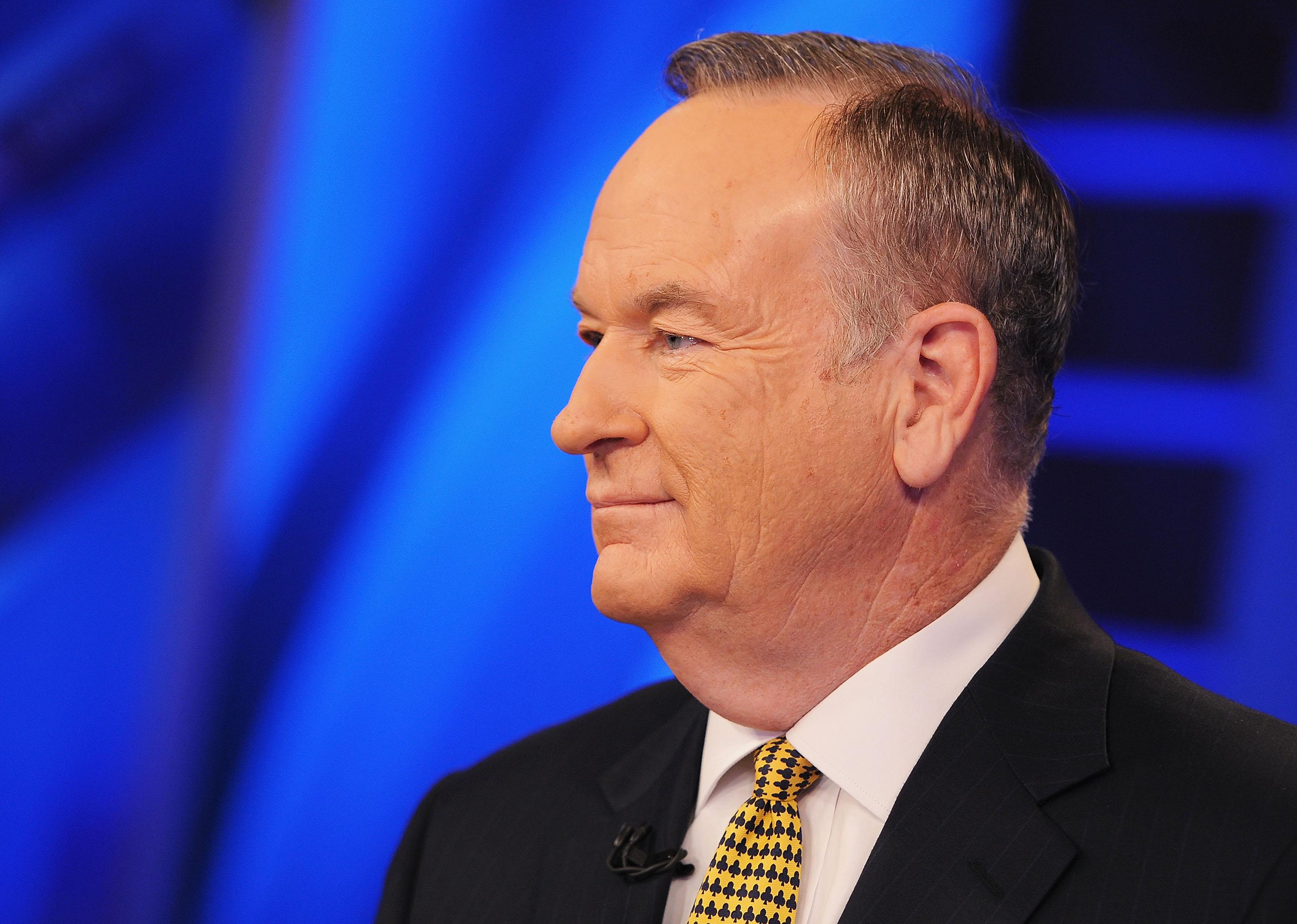Fox News is standing by host Bill O’Reilly after allegations that he exaggerated claims of reporting in an Argentinian combat zone earlier in his career, when he worked for CBS News. “Fox News Chairman and C.E.O. Roger Ailes and all senior management are in full support of Bill O’Reilly,” a spokeswoman said in a statement Sunday.
The vote of confidence comes a couple weeks after Brian Williams was suspended by NBC News over puffing up his war reporting record. So why aren’t the charges against O’Reilly resulting in similar consequences? Why is O’Reilly likely to survive this episode relatively unscathed, while Williams’ journalism career is probably over? Here are five good reasons.
1. The case against Williams was specific, while the case against O’Reilly is more open to interpretation. Brian Williams said he was in helicopter that was hit by an RPG in Iraq when he actually was not. The most specific claim against O’Reilly is that he misled people when he said that he and an injured photographer were being chased by the army during the Falklands War, when he was never actually physically in the Falklands. While O’Reilly strongly implies in several statements that he was in the Falklands during Argentina’s 1982 war with Great Britain, he only once—according to a Mother Jones investigation—directly used the words “in the Falklands” to describe his reporting. That throwaway line could also be read as “during the Falklands” if you’re being generous, and O’Reilly has essentially argued that this is what he meant. Also, the incident in question—a protest outside of the presidential palace that a contemporaneous New York Times report described as violent—did in fact occur. The question is whether or not it occurred the way O’Reilly described it and whether or not it was unreasonable to interpret the incident the way he did. “Troops fired at the crowd. I was in the middle of that carnage.” O’Reilly told the Washington Post last week: “In Argentina, I was in combat in the sense that bullets were being fired.”
In his book, O’Reilly described the incident as a “major riot” where “many were killed” and other journalists were under assault, and wrote that his cameraman was injured. The CBS journalists who were apparently there separately—O’Reilly has said he doesn’t remember the loudest critic, Eric Engberg, as being on the scene with him—interpreted the scene differently. While no one has reported if anyone was killed during the incident, the contemporary Times reporting certainly backs up the idea that there were shots fired and people, including journalists, were injured.
2. Unlike Williams, no American soldiers are claiming that O’Reilly stole their valor. The argument that O’Reilly is exaggerating is being made by O’Reilly’s former colleagues at CBS, who were apparently not physically with O’Reilly during the incident in dispute. The claims against Williams came from combat veterans who were at the scene with the NBC News anchor, packing a much bigger emotional punch.
3. The case against O’Reilly feels ideological and personal. Bill O’Reilly’s entire career has been built on the idea that he is a truth-seeking everyman at constant battle with liberal pinheads, and he has been able to successfully respond to this episode using that exact narrative dynamic in his favor. O’Reilly has argued that Mother Jones, the outlet that first reported the claims against him, is a “far left” web site in the business of attacking right-wing figures and that their report was “a political hit job.” Mother Jones has won deserved national awards for its sterling investigative journalism in the past, but it is liberal, and proudly so. This makes O’Reilly’s defense easier to swallow, especially for a Fox News audience already inclined to support their man against what they view as partisan attacks from media outlets that they strongly distrust. It doesn’t help that, in an effort to highlight hypocrisy, Mother Jones itself seems to have exaggerated the degree to which O’Reilly “excoriated” Williams in his own commentary about the NBC incident—as the Washington Post noted, O’Reilly actually “went easy on the embattled anchor.”
4. Bill O’Reilly is way more important to Fox News than Brian Williams was to NBC News. O’Reilly’s show has consistently been the top-rated program on the top-rated network in cable news. While “NBC Nightly News” took a ratings hit after Williams’ suspension, he is just not as important in the universe of NBC as O’Reilly is to Fox News. NBC as a network is far more focused on non-news programming like sports, scripted television, and singing Americans of various talent. Add the fact that O’Reilly has survived an even bigger scandal—the 2004 sexual harassment lawsuit—and it seems pretty clear that Fox News is way more invested in O’Reilly’s career than NBC was in Williams’ and will stand by him in almost any situation.
5. Reputation matters. The same liberal critics who might actually push for O’Reilly’s ouster are less outraged by his claims than they were by Williams’ because of how they view both men. The web site “The Frisky” sums it up: “Williams’ lies are a betrayal, because people actually thought he was trustworthy. Bill O’Reilly’s lies are the equivalent of your grandpa telling you he walked ten miles to school everyday, uphill both ways and in four feet of snow.”
Unless the cameraman O’Reilly said was injured during the protests comes forward and calls him a liar, don’t expect any negative repercussions for the popular bloviater. Even then, I wouldn’t hold my breath.
